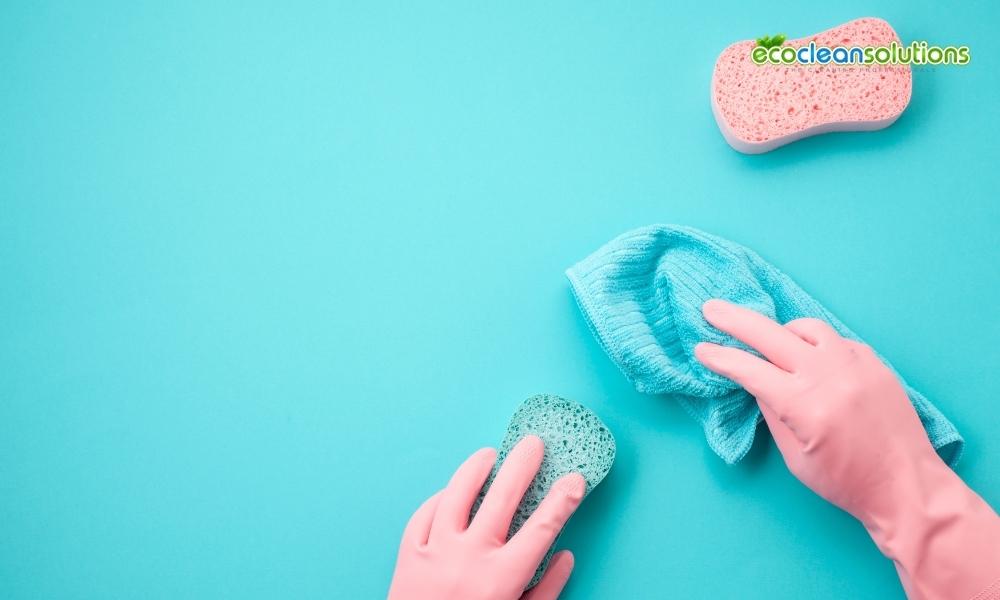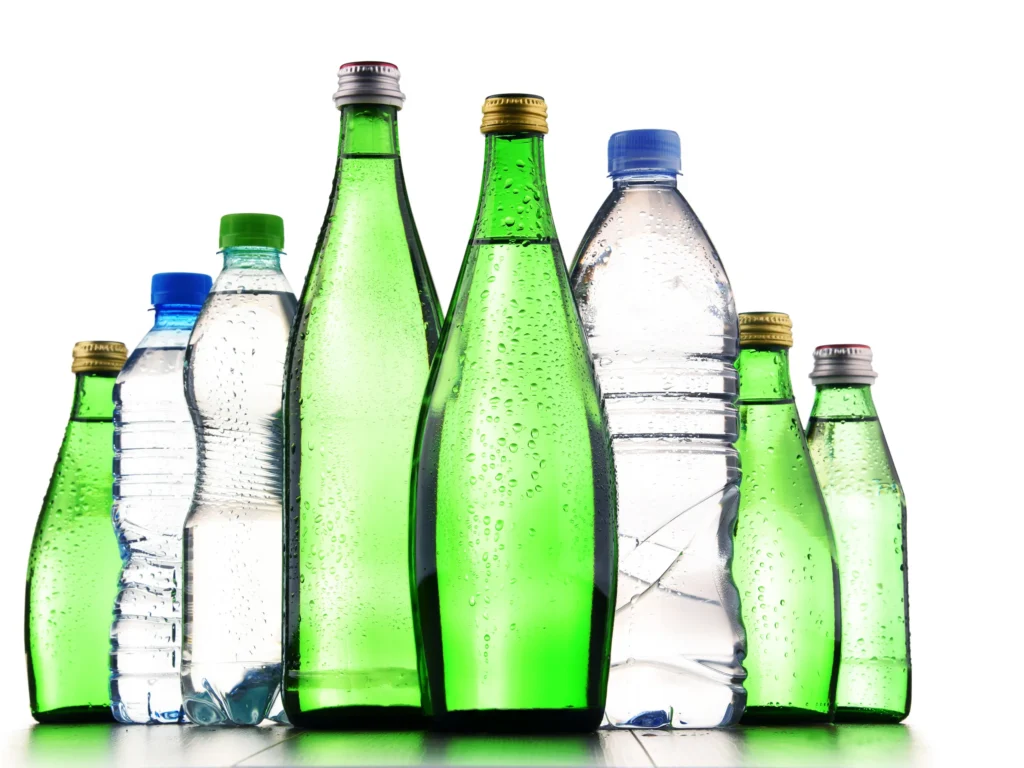Norwegian academics have been studying the effects of cleaning products on the lungs of 6,235 European users, aged 20 to 40, for more than 20 years. And the finding is alarming: regularly doing the housework would be as harmful to the lungs as smoking twenty cigarettes a day! At first surprised by the results, published in The American Journal of Respiratory and Critical Care Medicine, they ended up finding explanations for this harmfulness.
“When you inhale small particles from cleaning agents to clean the floor and not your lungs, maybe that’s not so surprising after all.” The authors assume that the observed pulmonary disorders are due to the irritation caused by most cleaning chemicals on the respiratory tract, causing permanent changes. We had a few such patients at who came with breathing issues no history of smoking.
Cleaning is equivalent to smoking a pack of cigarettes a day
More specifically, respiratory capacity is the main lung function affected by these products. People who regularly use industrial cleaning products for household cleaning, either professionally or privately, would have an accelerated drop in their breathing capacity, as well as an increased risk of developing asthma or illness. According to the authors of the study, this accelerated decline would also be “comparable to the smoking of just under a pack a day”.
This decline is especially noticeable among cleaning professionals, who are exposed to these substances every day. However, women who report cleaning at home would also be particularly affected by this decline in lung function. In addition, men would not be affected by these adverse effects on their lungs, including those exposed to these products in their profession.
Men less affected than women
To explain this difference, scientists put forward several hypotheses. First of all, the number of men with a maintenance profession is much smaller than that of women and therefore does not allow for a sufficient sample to make reliable statistics.
On the other hand, the number of men reporting cleaning at home is also much lower than that of women (46{e577f2e255613ded01a030e42bce2808ed901289218648e026d62c4ad00509a4} versus 85{e577f2e255613ded01a030e42bce2808ed901289218648e026d62c4ad00509a4}). A sufficient number to make an analysis but whose results can be distorted by the risks incurred by men on the other hand. It is therefore quite possible that men using cleaning products have been compared to men whose work exposes them to other harmful substances, which has had the effect of minimizing the impact of household products. A final hypothesis is that women have a more fragile constitution than men in this type of products. This increased sensitivity has already been reported “for tobacco smoke and wood dust, for which studies have shown that less exposure in women is sufficient to develop a disease,” as the researchers explain.
In any case, this study should relaunch the debate on the sharing of domestic tasks. We advise to avoid these types of products to avoid such health problems. In order to keep your house clean, while protecting your health, we recommend the use of maintenance products of natural origin, such as white vinegar or baking soda.






